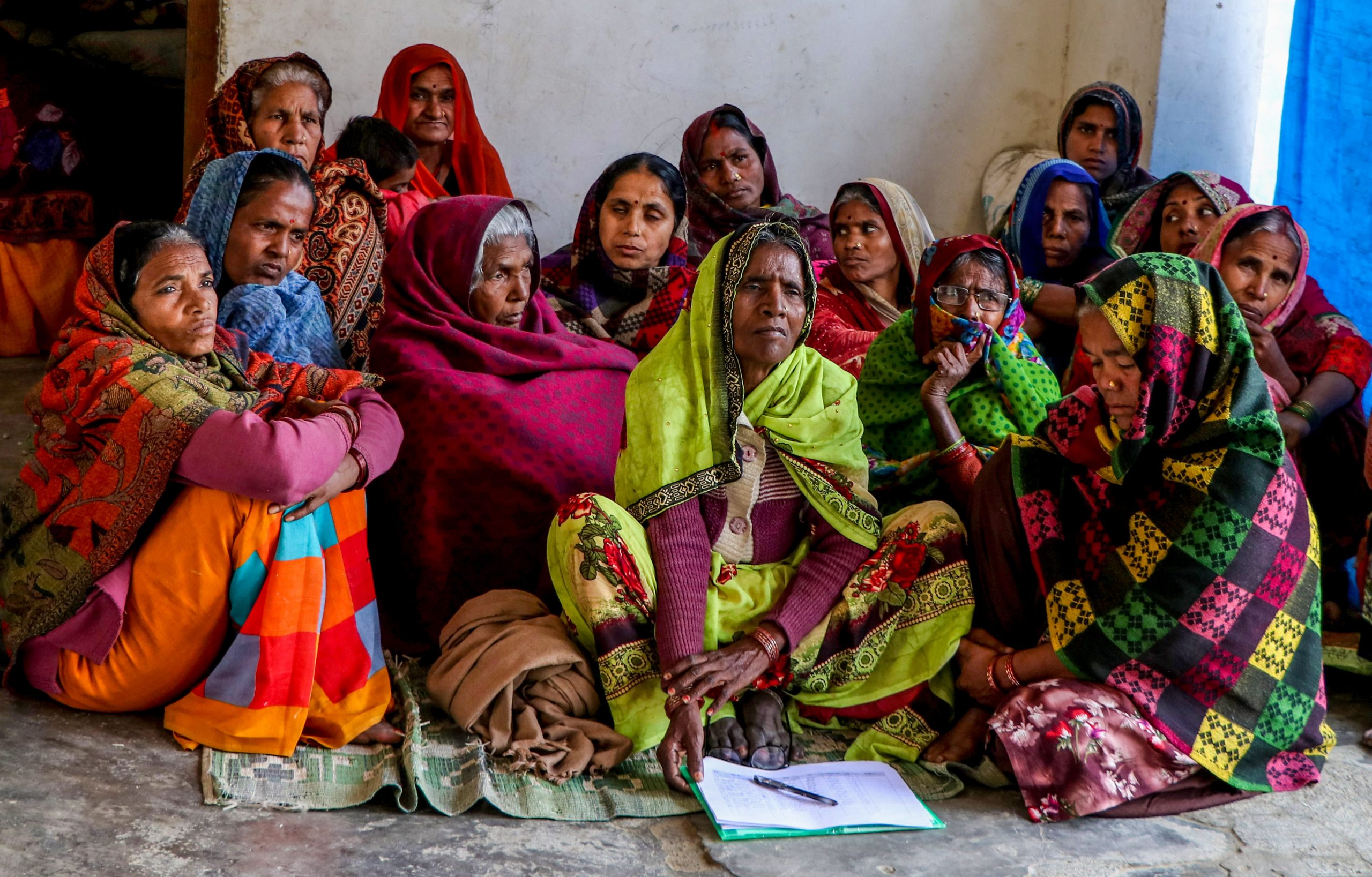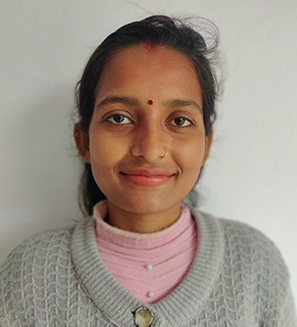Introduction
ReBUILD for Resilience (R4R), is an international research consortium funded by the UK government dedicated to strengthening resilience and building stronger health system in fragile and shock-prone settings, namely Lebanon, Myanmar, Nepal and Sierra Leone. In the first phase of R4R, a three-year participatory action research (2021-2024) had been launched in Kapilvastu Municipality with the aim to understand and support health system resilience by strengthening the capacity of local level in health sector planning, financing and governance. It served as the first Learning Site (LS1) for R4R. Based on the learnings and evidence from LS1, a two-year project (2024-2026) has been initiated in Kapilvastu district where intensive intervention will be applied in Suddhodhan Rural Municipality-the second Learning Site (LS2) and learnings will be shared across all local levels within the district.
Implementation Approach
An implementation research has been designed to strengthen coordination mechanism and improve maternal health system in Kapilvastu district. This research aims to understand the policy environment and contextual determinants of maternal health services at system, health facility and community levels and apply co-creation approach to design and implement interventions to improve overall service status.
As a part of the research, a researcher has been embedded in the learning site since July, 2024 to learn about the local health system, review the available Acts, policies and other relevant documents and secondary information and lead community level intervention. A baseline study utilizing mixed method approach is also on-going. The baseline study utilizes mixed method approach: a household survey in all of the wards of LS2 to collect information on the knowledge, awareness and utilization of maternal health services and Key Informant Interviews (KIIs) at federal, provincial and local level to identify the potential shocks and stressors for the local health system. Health facility assessment has been planned to determine the current status of health system and services including infrastructure, availability of human resource, medicines, etc and their readiness for emergencies. Additionally, the project plans to analyze the health sector budget allocation and expenditure in LS2 in order to determine the effectiveness of planning and budgeting.
The findings of the baseline research will be shared with the stakeholders of different levels. Participatory workshops will be organized to co-create intervention packages with stakeholders including the community. The co-created intervention packages will be delivered at three levels – community, health facilities and local government. The interventions will be implemented intensively in LS2 and the learnings and experiences will be shared to other municipalities within the district, promoting scale up. To build mechanisms for the transfer of learnings, the intervention will emphasize establishing and strengthening coordination within and among the local levels, and with district, province and federal levels. At the end of the project, evaluation will be conducted to assess the feasibility, effectiveness and scalability of the interventions to establish an effective and functional coordination mechanism and to improve the utilization of maternal health services where institutional delivery will be the main outcome measure.
Partners
| Technical Lead | Implementing Partners | |
| Liverpool School of Tropical Medicine and Queen Margaret University, UK | HERD International (HERDi) in Nepal Suddhodhan Rural Municipality – LS2 Kapilvastu Municipality – LS1 |
Associated Team Members
Shophika Regmi
Senior Manager: Health System Research, Evaluation and LearningShophika Regmi
Senior Manager: Health System Research, Evaluation and LearningAppointed as the lead for Systems, Policy and Programme Department Ms. Shophika Regmi has been working in health and social research for more than a decade. Throughout this period, she has led research projects of various natures and scales, particularly in the health sector. She possesses extensive experiences in implementation research using participatory action approaches, designing and executing evaluation studies, national level surveillance study, and large-scale survey across diverse areas such as health system strengthening, urban health, health workforce, non-communicable [...]
Learn moreSushil Chandra Baral
Managing DirectorDr. Sushil Chandra Baral is an experienced health and development expert with over 25 years of experience in research and development. Specializing in health systems, health policy, and planning at both national and international levels, Dr. Baral has played a pivotal role in communicable disease control, specifically Tuberculosis. He serves as a Managing Director at HERD International. In the past, he worked as a Strategic Advisor for the Nepal Health Sector Support Programme demonstrating expertise in program-based operational research and [...]
Learn moreAbriti Arjyal
Research Manager - Qualitative and Multidisciplinary ScienceAbriti Arjyal
Research Manager - Qualitative and Multidisciplinary ScienceAbriti Arjyal has more than a decade of experience in the health system and social research, with specific expertise in implementation science and applied research. As a Research Manager in Qualitative and Multidisciplinary Science, she has led and contributed to several research projects as a co-investigator, thematic lead, or a member of the research team. and has established a network with national and international research experts. She has wide-ranging experience in the application of numerous research methods, including qualitative tools [...]
Learn moreIchchhya Rupakheti
Senior Research Officer: Health Policy and SystemIchchhya Rupakheti is a public health professional and has been working in the related field since early 2016. She possesses an in-depth knowledge on programmes implemented by Government of Nepal in health, education, gender and other development sectors. She has been actively engaged in mapping and analysing the gap in health system preparedness and health sector budget analysis at sub-national level. Her expertise is focused on programme planning and management, critical analysis of programmes, research tool development, data analysis and [...]
Learn moreBishnu Prasad Dulal
Lead- Information System and Population ServiceAppointed as the lead of MEL and Data Analytics Department Mr. Bishnu Prasad Dulal is an experienced Health Information System expert, Data Analysis and Research Design specialist with 18 years of experience. With a master’s degree in Population Studies from Tribhuvan University, Mr. Dulal brings knowledge and skills to the field of health information systems and research. His expertise lies in the areas of health information system strengthening, public health research, monitoring and evaluation, proposal writing, data management and analysis, [...]
Learn moreNawaraj Adhikari
Project CoordinatorMr. Nawaraj Adhikari, is a dedicated public health professional with demonstrated experience in the field of Health system, Non Communicable Diseases, Maternal and Child Health, Family Planning, Safe Abortion, post disaster risk reduction, Menstrual Hygiene Management and HIV/AIDS along with the acquired project management skills to support for strengthening the health system of both public and private sectors. Currently serving as a Project Coordinator at HERD International in Kapilvastu, Mr. Adhikari is dedicated to building resilient health systems. His primary [...]
Learn moreAnil Dhungana
Research CoordinatorMr. Anil Dhungana is a Public Health professional with over 9 years of extensive experience in strengthening local government health systems. His expertise spans health governance, policy and program planning, and promoting evidence-based decision-making. With a focus on nutrition, health, and Water Sanitation and Hygiene (WASH), he has collaborated with both national and international non-governmental organizations, as well as the government, in program management, planning, and implementation. Currently serving as a Research Coordinator at HERD International in Kapilvastu, Mr. Dhungana [...]
Learn moreBiddya Kumari Chaudhary
Assistant Research OfficerBiddhya Kumari Chaudhary is a dedicated healthcare professional with a background in clinical practice and research. With over 3 years of experience working in both Primary Health Centers and Health Posts, she has enhanced her skills in providing quality care to patients. Ms Chaudhary’s has been involved in various projects such as CAPPT, VALID, and PIN at the organisation since 2021. In these roles, she has demonstrated her ability to collect and analyze both qualitative and quantitative data, contributing valuable [...]
Learn moreGhanshyam Gautam
Lead - Health Economics, Systems and Social ProtectionGhanshyam Gautam
Lead - Health Economics, Systems and Social ProtectionAppointed as the lead of Strategy, Partnership and Business Department Dr. Ghanshyam Gautam is a Health Economist possessing more than 20 years of experience in health policy and systems reform, social protection, evidence-based planning and capacity development. His key areas of expertise include policy and strategic reform, health systems strengthening, health financing and universal health coverage, social protection, system and policy research. He currently holds the position of Lead- Health Economics, Systems and Social Protection at HERD International and has [...]
Learn moreProject Location
Similar Projects
Background The growing numbers of urban poor around the world face several health challenges including the double burden of ...
Introduction The Participatory Engagement of City Communities Against Non-communicable Disease Risk in Bangladesh and Nepal (PECAN) ...
Innovation Fund is the scheme provisioned by CHORUS Research Project Consortium. The fund is targeted to early and mid-career ...
Background: While the problem of NCDs, particularly the diabetes is increasing rapidly, very little capacity or almost no services are ...
Introduction ReBUILD for Resilience is an international research consortium funded by the UK government, dedicated to strengthening ...
Introduction ReBUILD for Resilience is an international research consortium funded by the UK government, dedicated to strengthening ...
Background Type 2 Diabetes mellitus (T2DM) is often not well understood among marginalized populations, but its prevalence is ...
Background The growing numbers of urban poor around the world face several health challenges including the double burden of diseases, ...
FAB-HPSRIs is an international collaboration of Health Policy and Systems Research Institutions (HPSRIs) with a mission to foster a ...









